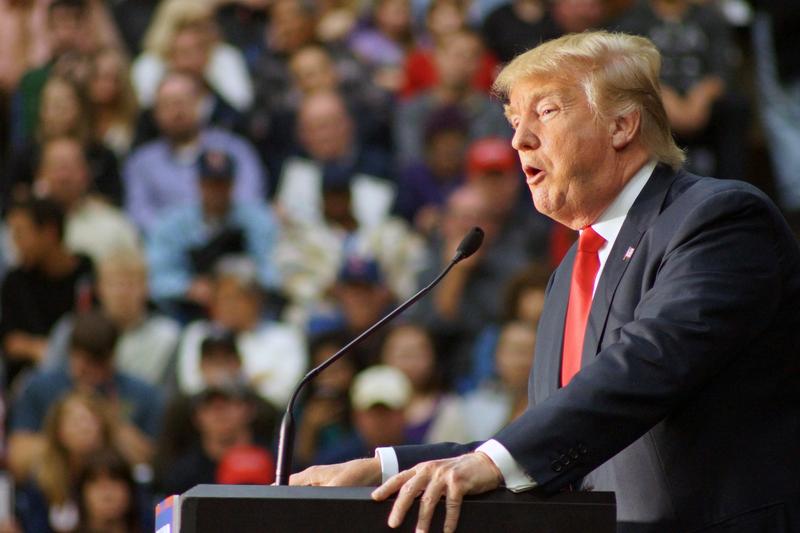The international markets were shaken by President-elect Donald Trump’s November 25, 2024 proclamation about his plans to impose considerable tariffs on goods imported from Canada, Mexico, and China. Trump used his Truth Social platform to announce a 25% tariff on all goods from Canada and Mexico, pointing to issues of illegal immigration and drug trafficking, mainly fentanyl. Additionally, a 10% tariff on Chinese goods was announced, blaming China for not adequately controlling fentanyl precursors.
Canadian Prime Minister Justin Trudeau quickly reached out to Trump, emphasizing the tight economic relationship between the two countries. Trudeau reminded him that 60% of U.S. crude oil imports come from Canada, pointing out the potential economic consequences of such tariffs on both nations.
The suggested tariffs focus on three of America’s most significant trading partners, collectively accounting for over a third of U.S. international trade. In 2023, these countries bought over $1 trillion in U.S. exports and provided nearly $1.5 trillion in goods and services to the United States.
Leaders in the industry have aired their concerns about the economic implications of these measures. Flavio Volpe, the president of Canada’s Automotive Parts Manufacturers’ Association, suggested that Trump’s declaration might serve as a bargaining chip, emphasizing the intertwined nature of U.S.-Canada trade relations.
In response to Trump’s allegations regarding fentanyl trafficking, the Chinese embassy in Washington, D.C. responded. Embassy spokesman Liu Pengyu stated that China had updated U.S. officials about progress in narcotics enforcement operations and underlined the mutual benefits of U.S.-China trade relations.
After the announcement of the impending import tariffs from Mexico, Canada, and China, international financial markets displayed noticeable volatility. The U.S. dollar became stronger, causing decreases in the Mexican peso, Canadian dollar, and Chinese yuan. European and Asian stock indices took a hit, with the Stoxx Europe 600 dropping 0.66%, Japan’s Nikkei 225 declining 0.8%, and South Korea’s KOSPI falling 0.6%. In contrast, U.S. stock markets proved resilient; the S&P 500 rose 0.5%, nearing record highs, while the Dow Jones Industrial Average grew by 81 points (0.2%), and the Nasdaq Composite increased 0.5%. These movements mirror investor uncertainty regarding the potential economic effects of the proposed tariffs and the likelihood of their implementation.
The proposed tariffs could be in violation of the United States-Mexico-Canada Agreement (USMCA) signed in 2020. While Mexican officials have not immediately responded to this announcement, they had previously indicated readiness to implement retaliatory tariffs if necessary.











